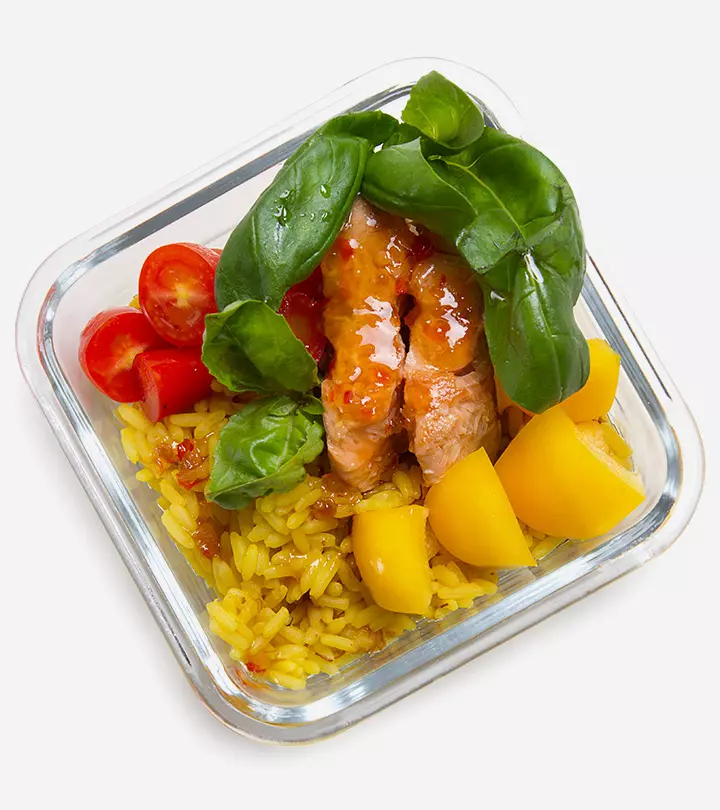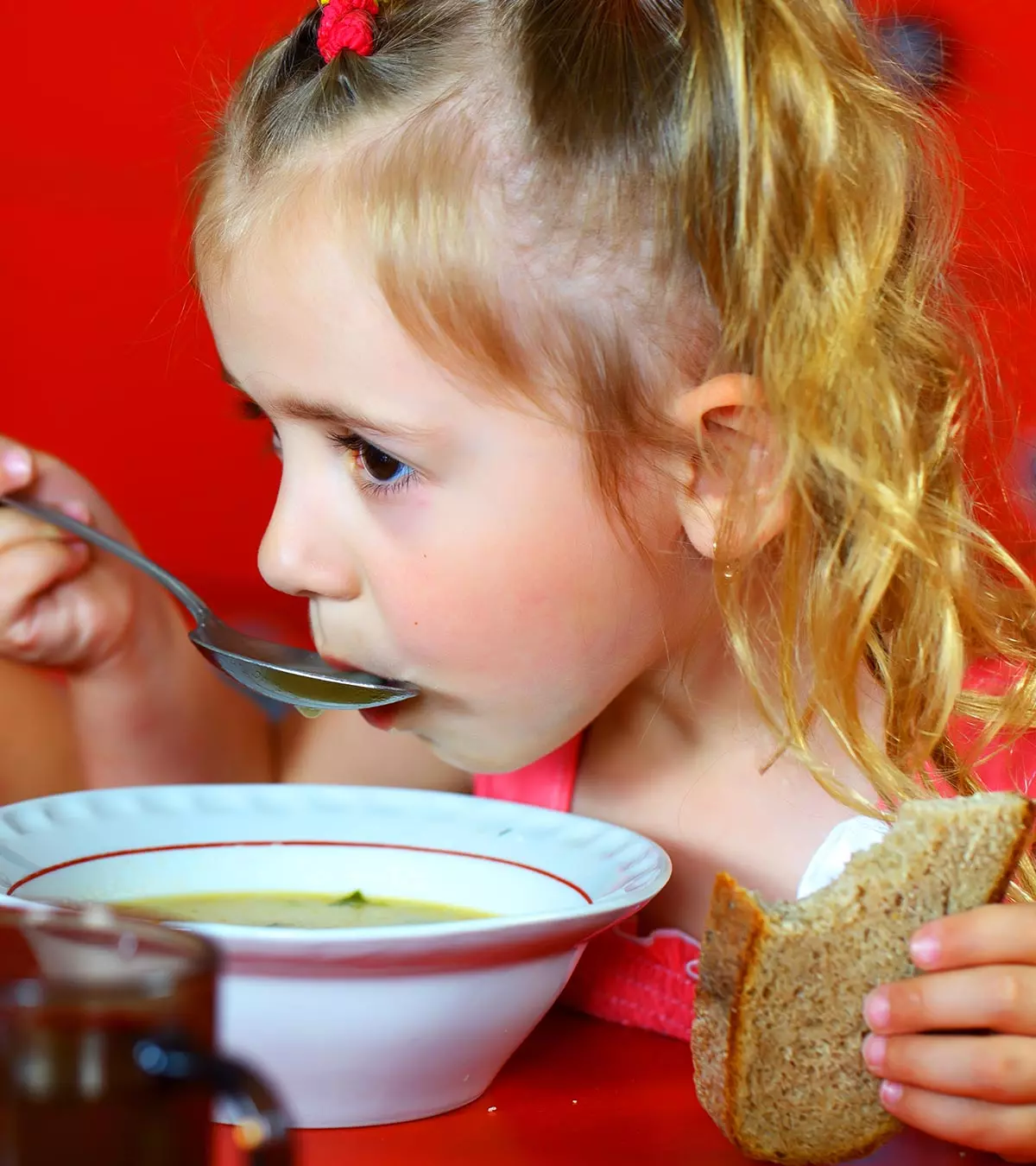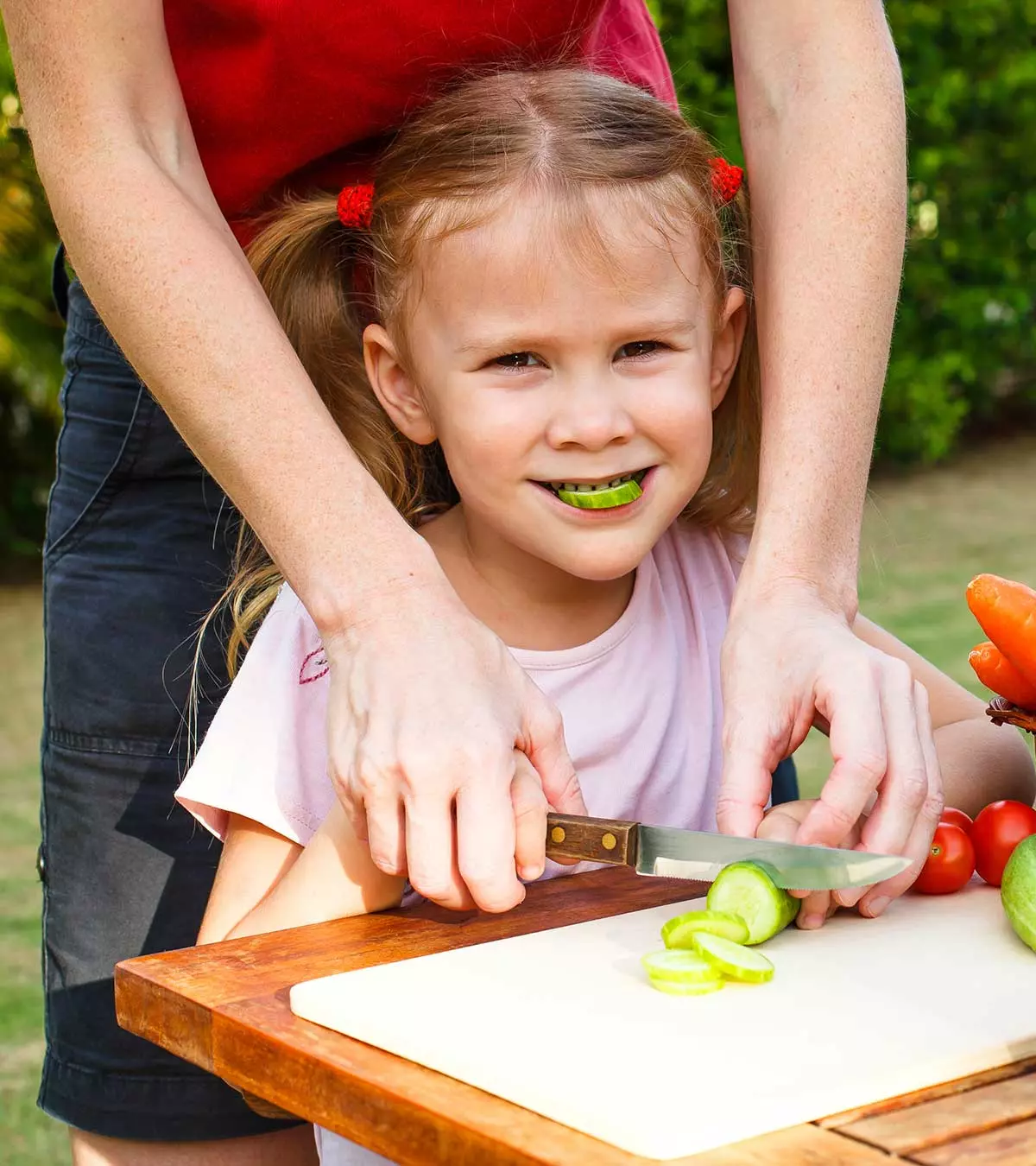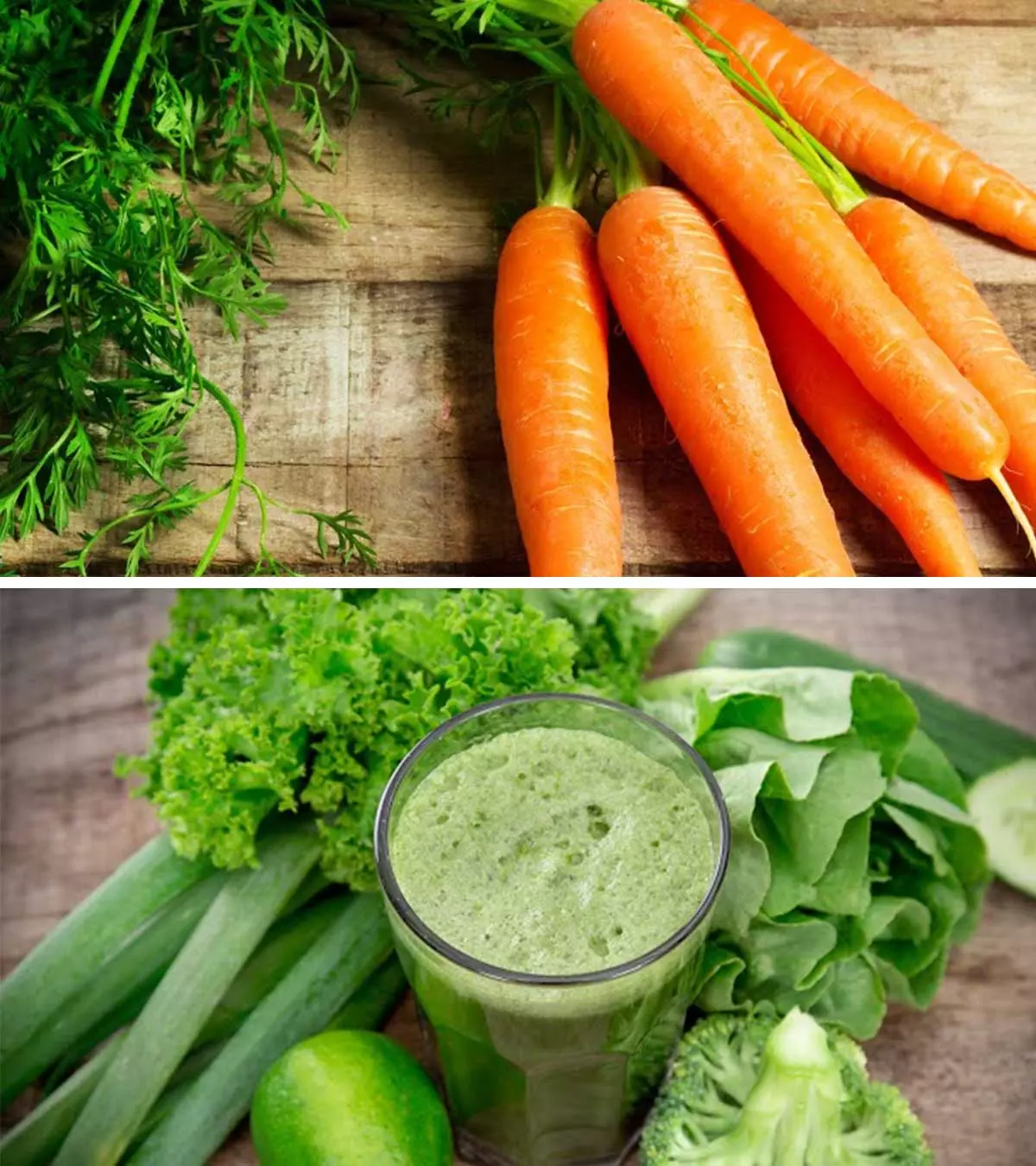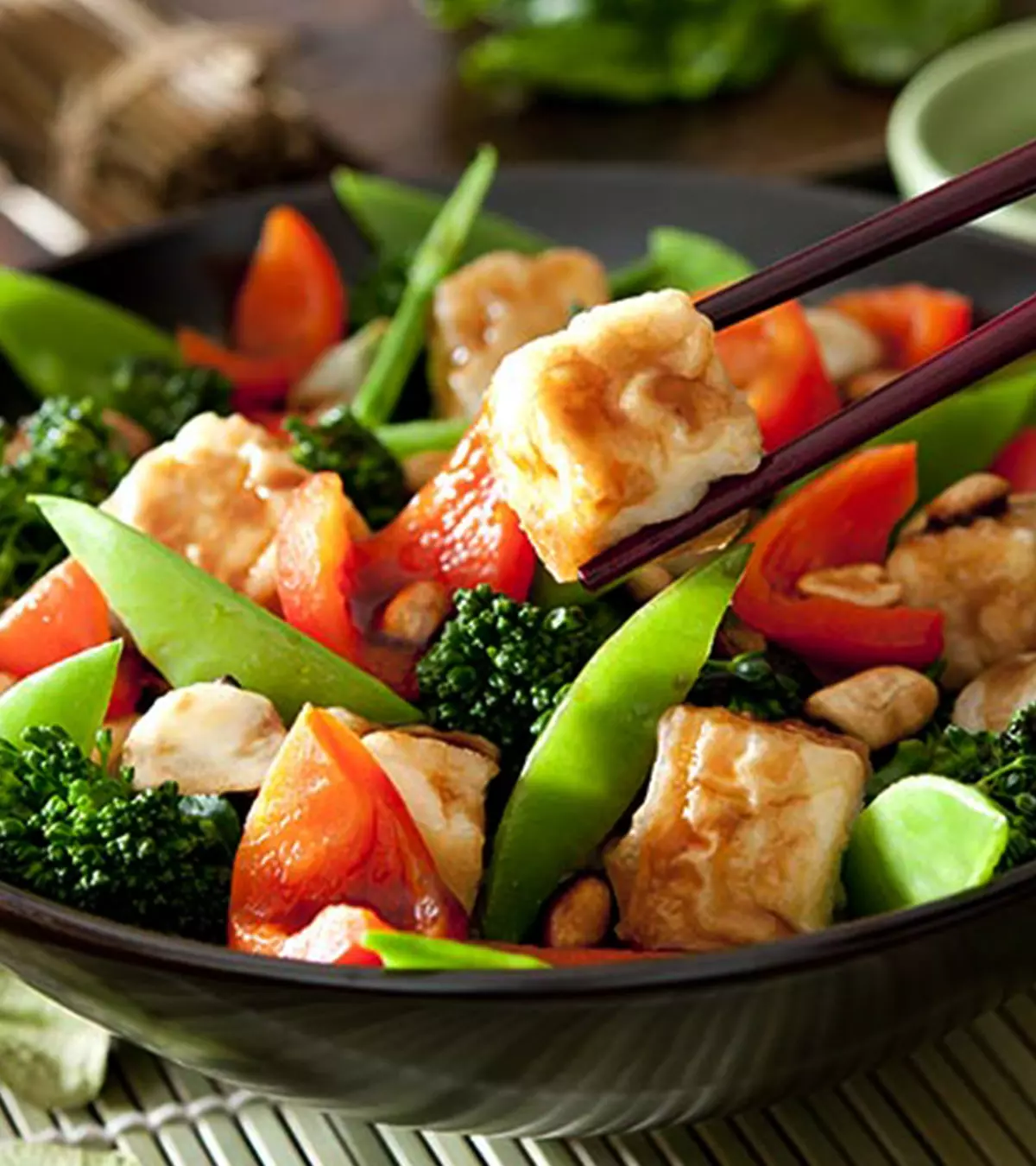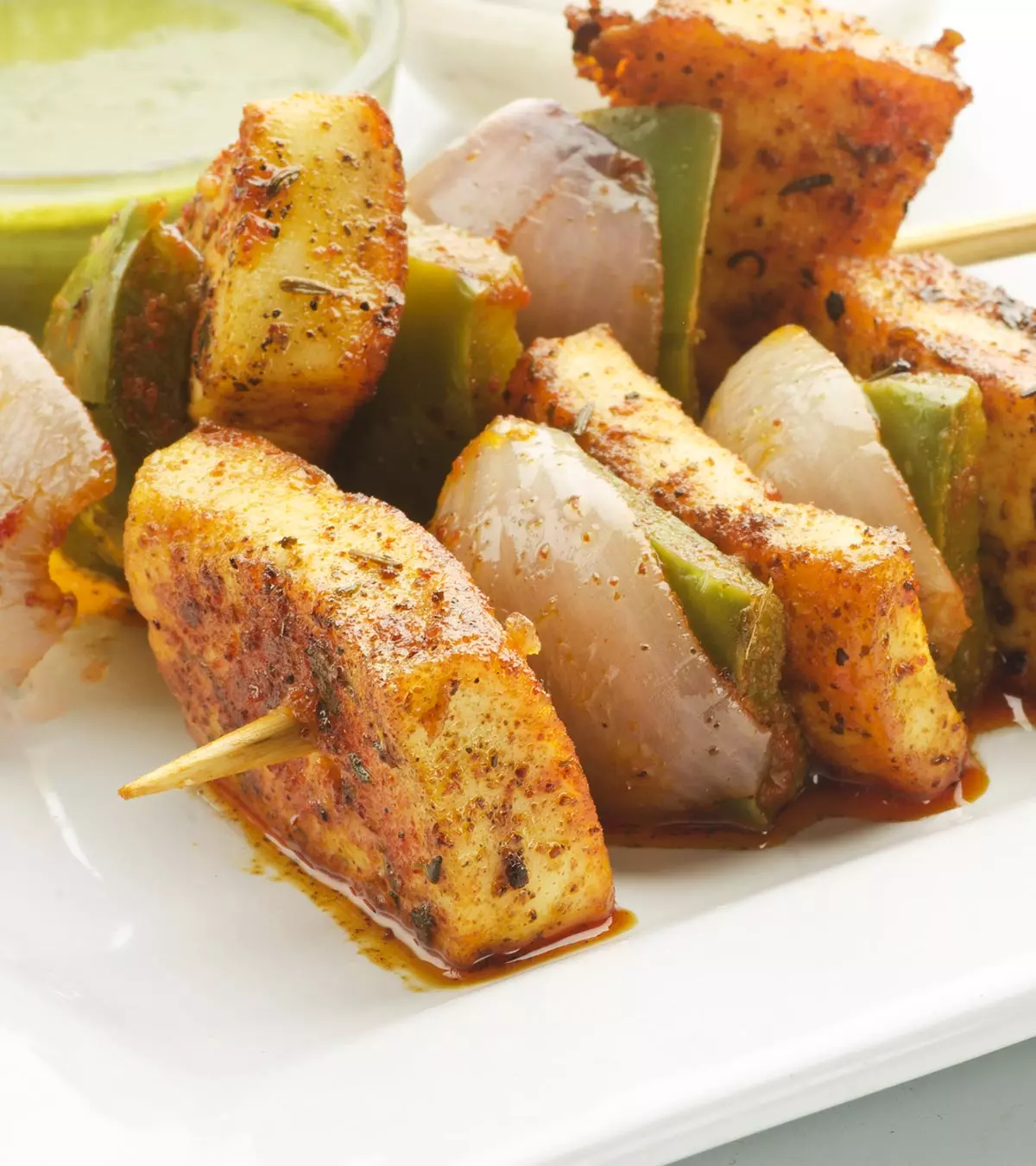
Image: ShutterStock
The king of fruits, mango, is a favorite among everyone. Mango for kids makes for a delicious and nutritious snack packed with several benefits. Mangoes are considered an all-rounder tropical fruit, and summer seasons feel incomplete without mangoes. Whether it is a fresh piece of mango or made into a smoothie, children love mango in any form given.

It should also be noted that mangoes are packed with essential nutrients and vitamins, such as vitamin C, which are important for a child’s healthy immunity. Read on to know more about the benefits of this amazing summer fruit.
Key Pointers
- Mango, the ‘king of fruits’ is endemic to Asia with India and Burma being the leading exporters of mango.
- Mango is abundant in nutrients, antioxidants, minerals, and vitamins.
- It promotes digestion, improves vision, memory, and skin quality, treats anemia, and promotes weight gain.
- The phytochemicals present in mangoes can help prevent chronic disorders.
- Mango is versatile and can be used in various recipes, such as smoothies and salads.
What Are Mangoes?
Mango is highly popular as ‘The king of fruits’ among kids. You will find several kids who love mango, mango popsicles, mango milkshakes, or traditional mango chutney. Mangoes are endemic to Asia, but are cultivated all over the world. India and Burma are the biggest exporters of mangoes. The sweet fruit has many nutritional benefits and is one of the most healthy foods for kids, so including it in your kid’s diet will boost their health and immunity (1).
 Quick fact
Quick factHealth Benefits Of Mango For Kids

Image: Shutterstock
Mango boasts of an abundance of nutrients, such as antioxidants, minerals like potassium, vitamins, and other vital nutrients, that are beneficial for kids. Here are some prominent health benefits of mangoes for kids.
1. Improved Vision:
Just one cup of mango slices comprises 25% of the daily recommended intake of vitamin A for kids. Vitamin A is highly beneficial for good eyesight. So, eating mangoes helps prevent the risk of night blindness, burning and itching of eyes, softening of the cornea, refractive errors, and dryness in the eyes.
2. Promotes Digestion:
Mangoes possess many beneficial digestive enzymes that help break down proteins and promote smooth digestion in kids. This fruit also helps soothe your kid’s stomach and prevents the risk of acidity and promotes good digestive health. Also, the high fiber content in this nutritious fruit helps avoid constipation substantially (2).
3. Memory Booster:
Mango is a good source of glutamine acid. Eating the fruit ensures adequate levels of glutamine acid in kids. The glutamine acid boosts your kid’s brain functions and improves his memory (3).
4. Promotes Texture And Health Of The Skin:

Image: IStock
Eating mangoes helps keep your kid’s skin healthy, soft, and radiant. Apply mango pulp to your kid’s skin and let it stay on for around ten minutes. Mango pulp helps unclog blocked pores and minimizes blemishes.
5. Prevents Cancer:
Mangoes are rich in pectin, a soluble dietary fiber that helps minimize the risk of development of cancer of gastrointestinal tract in your kids. So, eating mangoes prevents the development of cancer in kids.
6. Treats Anemia:
According to the Pan American Health Organisation (PAHO), the prevalence of anemia among US children aged six to 59 months was 6.1%, in 2019. High iron content in mangoes helps cure anemia in kids. The right amount of mango in your diet can boost the red blood cells (RBC) count in kids and prevent the adverse effects of anemia.
7. Promotes Weight Gain:

Image: Shutterstock
A moderate intake of mangoes is one of the simplest ways to enhance your kid’s weight effectively. Just 150 grams of mango offers your kid about 86 calories, which his body can easily absorb and boosts his weight. You can offer your kids mango juice or milkshake to help them become strong and healthy (4).
 Health fact
Health factTips To Store Mangoes For A Long Time
Here are some simple steps you can follow to store mangoes for a longer time:
- Store unripe mangoes at room temperature instead of in the refrigerator until they are fully ripe. Mangoes will naturally ripen at room temperature, adding sweetness.
- Place them in a paper bag at room temperature to hasten the ripening process.
- Once mature, place mangoes in the refrigerator to halt the ripening process; they can be refrigerated for up to five days.
- You can also cube the mangoes and place them in an airtight jar in the refrigerator for a few days or in the freezer for up to six months.
Two Wonderful Mango Recipes For Kids
You can prepare several healthy, delicious mango recipes for picky eaters or children who find it boring to eat mango slices. Here are a couple of ideas:
1. Mango And Coconut Smoothie:
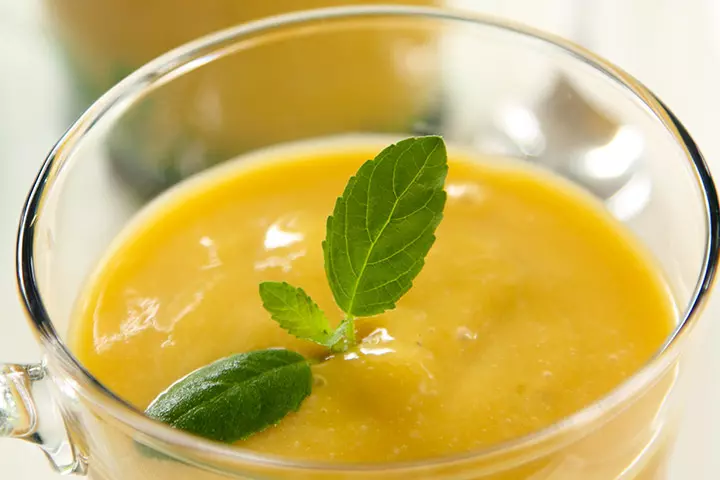
Image: Shutterstock
You Will Need:
- 100 grams of mango puree
- A couple of fresh mint leaves
- 100 ml coconut milk
- Two tablespoons of honey
- A few ice cubes
How To:
- Add mango puree, coconut milk, honey, and ice to a blender till the mixture turns smooth. Put the delicious smoothie in a bowl or glass.
- Garnish the mango smoothie with fresh mint leaves and serve it to your kid.
It is one of the tastiest mango smoothie recipes and healthy desserts for the kids to try.
2. Chili Mango Salad:

Image: Shutterstock
You Will Need:
- Three mangoes, peeled and diced
- One teaspoon of chili powder
- Two lemons
- ½ tsp of sea salt
- A pinch of cayenne pepper
How To:
- Place fresh mango pieces in a shallow bowl.
- Mix zest of lime, chili powder, sea salt, and cayenne pepper.
- Sprinkle the spicy and salty mixture on the mango pieces in the bowl and serve it to your kid.
This is one of the healthiest fruit salad recipes that can be consumed during snack time. It is best served fresh.
Shoba, a doting mother and food enthusiast, says, “Spiced mango slices are an anytime snack at my place. Picnics are always a fun place to make them since they are so easy to assemble. They serve as a very simple yet novel starter snack, a favorite among kids and adults alike. It’s our favorite movie time snack (i).”
Frequently Asked Questions
1. Can three-year-olds eat mangoes?
Yes, mangoes can be introduced to a child from the age of seven to eight months when they begin eating solids (5).
2. Can children eat mangoes daily?
Yes, children can eat mangoes daily as they are healthy, tasty, and nutritious and are good for the immune system and digestive tract (6).
3. Can children chew on mango pits?
Yes, chewing on mango pits can be beneficial for teething babies, relieving the sore gums and strengthening the jaw muscles (7).
Mangoes possess vital nutrients in abundance. Not just nutrient-rich fruit for kids, they are also a natural sweetener and one of the tastiest treats. They help boost health and increase immunity. Packed with minerals, vitamins, and antioxidants, mangoes are beneficial for your child’s vision, digestion, memory, etc. You can try these exciting mango salad and smoothie recipes as homemade baby foods for your children.
Infographic: Health Benefits Of Mango For Children
The juicy mango is the perfect escape from the summer heat for children and adults alike. Aside from its delicious flavor, this fruit offers various health benefits. Check out this infographic to explore the numerous health advantages of mango for your child.
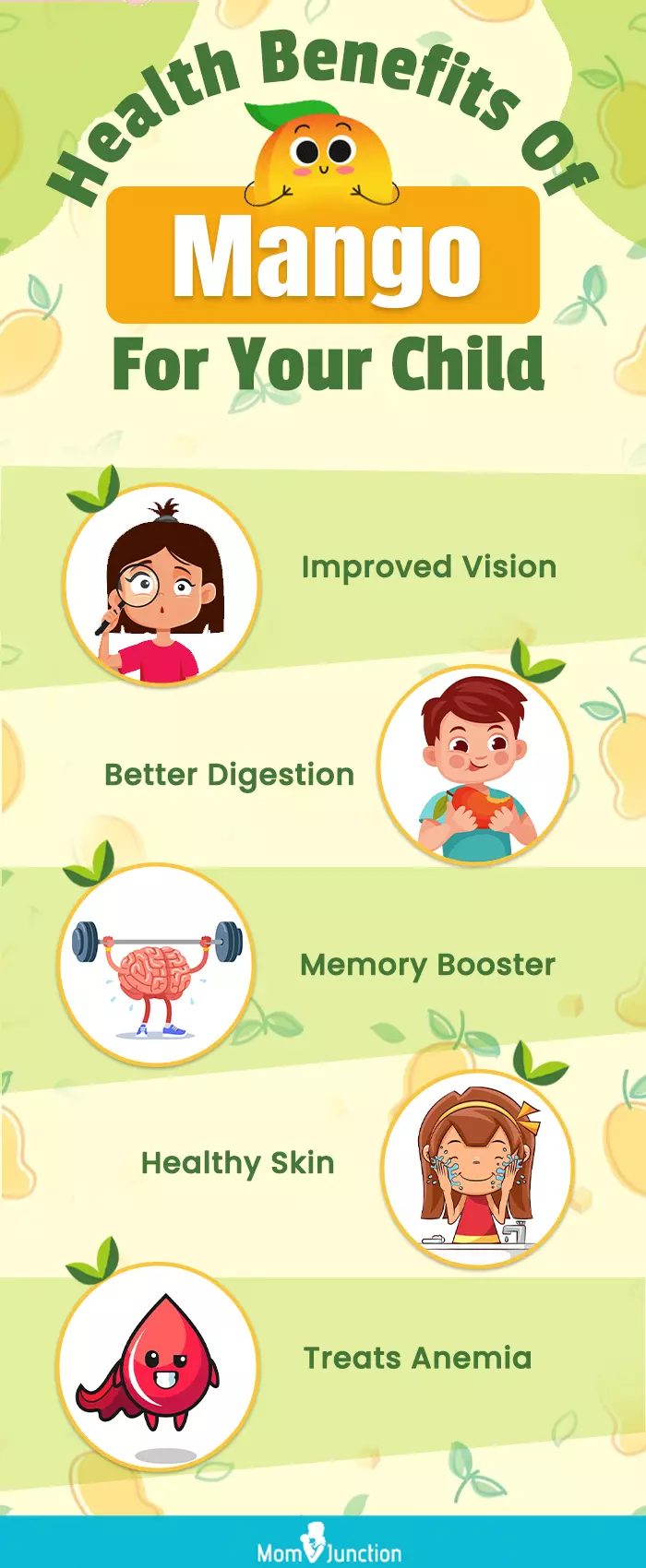
Illustration: Momjunction Design Team
Illustration: Wonderful Health Benefits Of Mango For Kids

Image: Stable Diffusion/MomJunction Design Team
Personal Experience: Source
MomJunction articles include first-hand experiences to provide you with better insights through real-life narratives. Here are the sources of personal accounts referenced in this article.
i. Yummy Mango Slices sprinkled with niceness.https://anubhavati.com/2010/06/18/yummy-mango-slices-sprinkled-with-niceness-street-foods-snacks/
References
- Mango.
https://nhb.gov.in/report_files/mango/MANGO.htm - Eating Diet & Nutrition for Irritable Bowel Syndrome.
https://www.niddk.nih.gov/health-information/digestive-diseases/irritable-bowel-syndrome/eating-diet-nutrition - Koda Masanori et al.; (2012); Metabolic Discrimination of Mango Juice from Various Cultivars by Band-Selective NMR Spectroscopy.
https://pubmed.ncbi.nlm.nih.gov/22242555/ - National Campaign against Overweight and Obesity.
https://www.moh.gov.sa/en/healthawareness/campaigns/badana/pages/009.aspx - Can babies eat mango?
https://www.mango.org/blog/can-babies-eat-mango/ - Featured Blog: 5 Benefits of Mango for Kids, Plus A Nutritious Mango Chia Pudding Recipe.
https://www.mango.org/blog/featured-blog-5-benefits-of-mango-for-kids-plus-a-nutritious-mango-chia-pudding-recipe/ - Uses for Mango Seeds.
https://www.mango.org/blog/uses-for-mango-seeds/ - Mango Fun Facts.
https://www.mango.org/wp-content/uploads/2017/10/Mango_Fun_Facts_Eng.pdf - Marianna Lauricella et al.; (2017); Multifaceted Health Benefits of Mangifera indica L. (Mango): The Inestimable Value of Orchards Recently Planted in Sicilian Rural Areas.
https://www.ncbi.nlm.nih.gov/pmc/articles/PMC5452255/
Community Experiences
Join the conversation and become a part of our nurturing community! Share your stories, experiences, and insights to connect with fellow parents.
Read full bio of Dina Totosegis
Read full bio of Sindusha MS
Read full bio of Swati Patwal
Read full bio of Dr. Joyani Das






